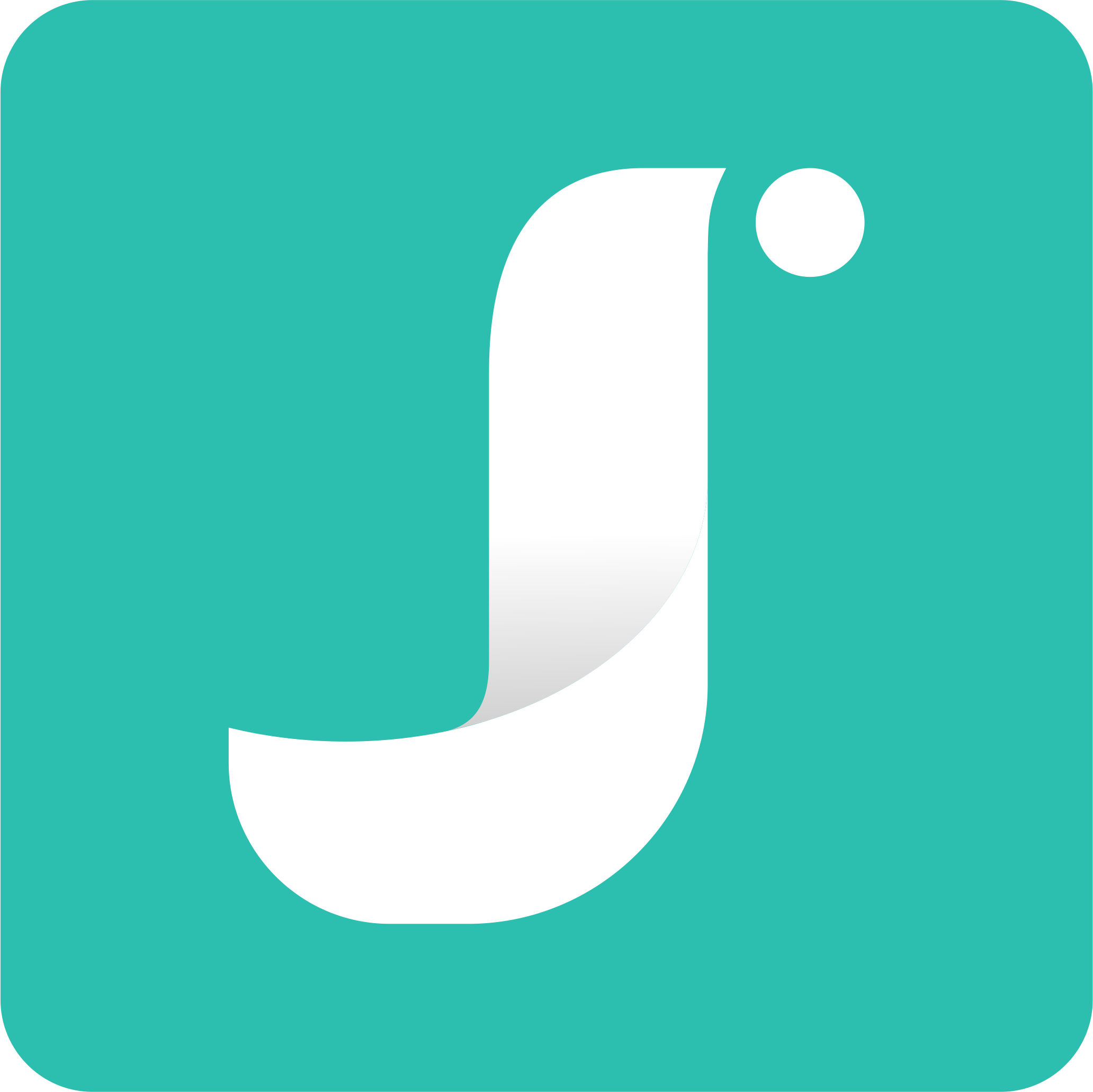5 Good Reasons to Schedule Informational Interviews
By Jennifer Hughes, JobJenny.com guest writer (and Whole Foods employee)
Whole Foods Market, that national grocery store that touts itself as the “Healthiest Store in America”, highly recommends that job seekers perform what the company refers to as “due diligence.”
What the heck is “due diligence?”
As far as Whole Foods is concerned, it’s setting up informational interviews with as many relevant people as possible prior to your REAL job interview. If they find out (or can totally tell) you’ve done little due diligence, your chance of landing the job decreases.
A lot.
On the flip side, if you partake in some killer due diligence, your chances of being offered a job skyrocket. (And most of us would rather skyrocket, no?)
Due diligence is really just a fancy synonym for "informational interview," which is an informal meeting between you and someone who may be in a position to help you land a job in the future.
5 reasons it’s important to book informational interviews:
You can piece together input that may help you strategize.
Guess what? Your competition isn’t spending much time on this step. They’re marketing themselves based on what the job description outlines (which, we all know, rarely tells you everything you need to know about the job or company). The information you glean from these conversations can be very, very helpful as you work to better understand the true needs of the hiring manager or company.
You get to ask some of the questions you won’t / can’t ask in the first real interview.
Curious about salary? Now is the time to ask. Want to know if the company will match your 401k contributions? Ask away. Curious about paid time off, maternity leave options, and bring-your-dog-to-work-day-(everyday)? Ask. Ask. Ask! Be professional, of course, but use this time to casually get the low-down.
You’ll probably get a better feel for “a day in the life of.”
Informational interviews are great ways to crack the lid on what’s really going on in the organization.You’ll likely get more candid feedback than you will at an official interview, and – if the meeting is on site at the company – you can get a birds-eye view of what the day-to-day looks like around the joint.
You may be able to earn brownie points.
Although the purpose of the interview is for you to gather information regarding the position you’re seeking, let’s be honest: Scheduling a meeting on your free time makes you look good. Use this time to build allies.
If you make a sensational impression, that person could be your “in.”
Hiring managers interview the candidates that their own people say, “You’ve got to meet her. She’s incredible!” about first. As in, before they plow through the pile of candidates coming in through the online application process. Strive to make this you. Now, don’t pressure your contact to serve in this role (heeeccck, no), but if you make a great impression during an informational interview, it can go a long way.
No matter if you’re an introvert or extrovert, booking a few informational interviews with those working at companies of interest can be incredibly beneficial. LinkedIn is a brilliant place to find and endear yourself to these people. Just be sure and approach in a way that does not feel ambush-y and is mindful of this person’s time. And as you approach, realize that not every single person is going to say yes. That’s OK. Three no’s and one yes is better than the zero yeses you’ll get if you never ask, right?
What do you ask when you get there?
A-number one, you do not ask this person to book you an interview or walk your resume over to the hiring manager. Stop that. They call this an informational interview for a reason. You want to use this time to gather details and show that you’re curious, interested and engaged.
Here are a few questions that might help you along the way:
Why did you decide to join this company?
What do you like best about it? Least?
What is your average workday like?
What are the biggest challenges of your position?
What is the work atmosphere here like?
Does the company value a work-life balance?
What kinds of people do they tend to look for? Who fits in best?
Based on what you expected when you joined this company, what's different? Better? Worse?
Any credentials that you think the company really values in the people they hire?
A few last minute tips:
Have your questions prepared, and bring a notebook to jot down anything worthwhile.
Strive to take up only 30 minutes of this person’s time.
Send a thank you note IMMEDIATELY after the interview.
Ask this person at the end of the meeting, “Based on our conversation, are there 1-2 others that you might recommend I meet?” Keep that chain going, for real.
Whether you call it due diligence, an informational interview, or a casual investigation, booking these types of conversations will likely help you enormously in job search, not only by giving you tons of information that will help you strategize … but because it will set you apart from your lazy competition.
(And that’s always a good thing.)
So go forth and gather, both information and allies.











